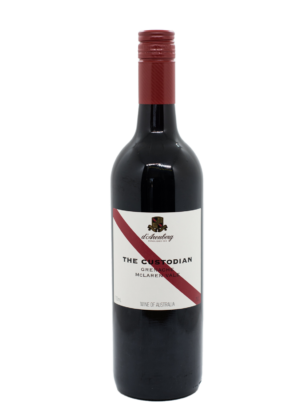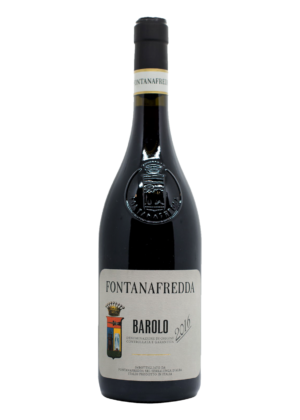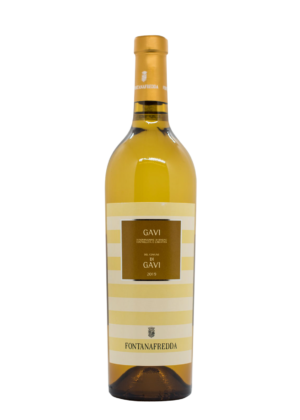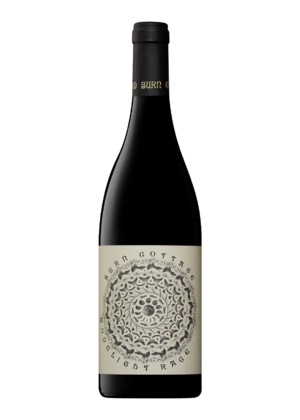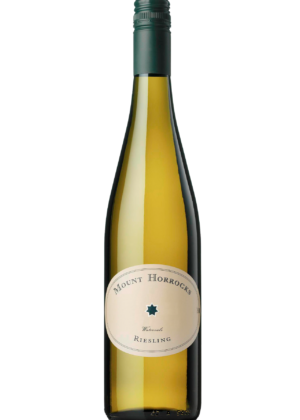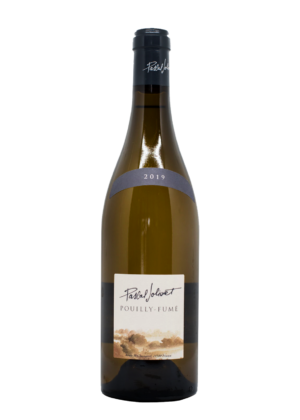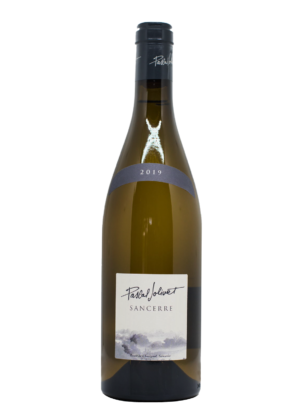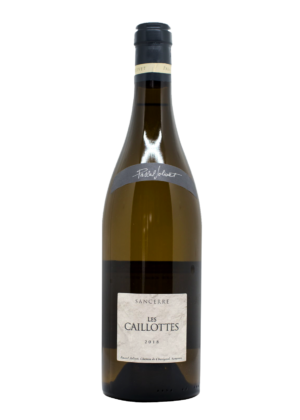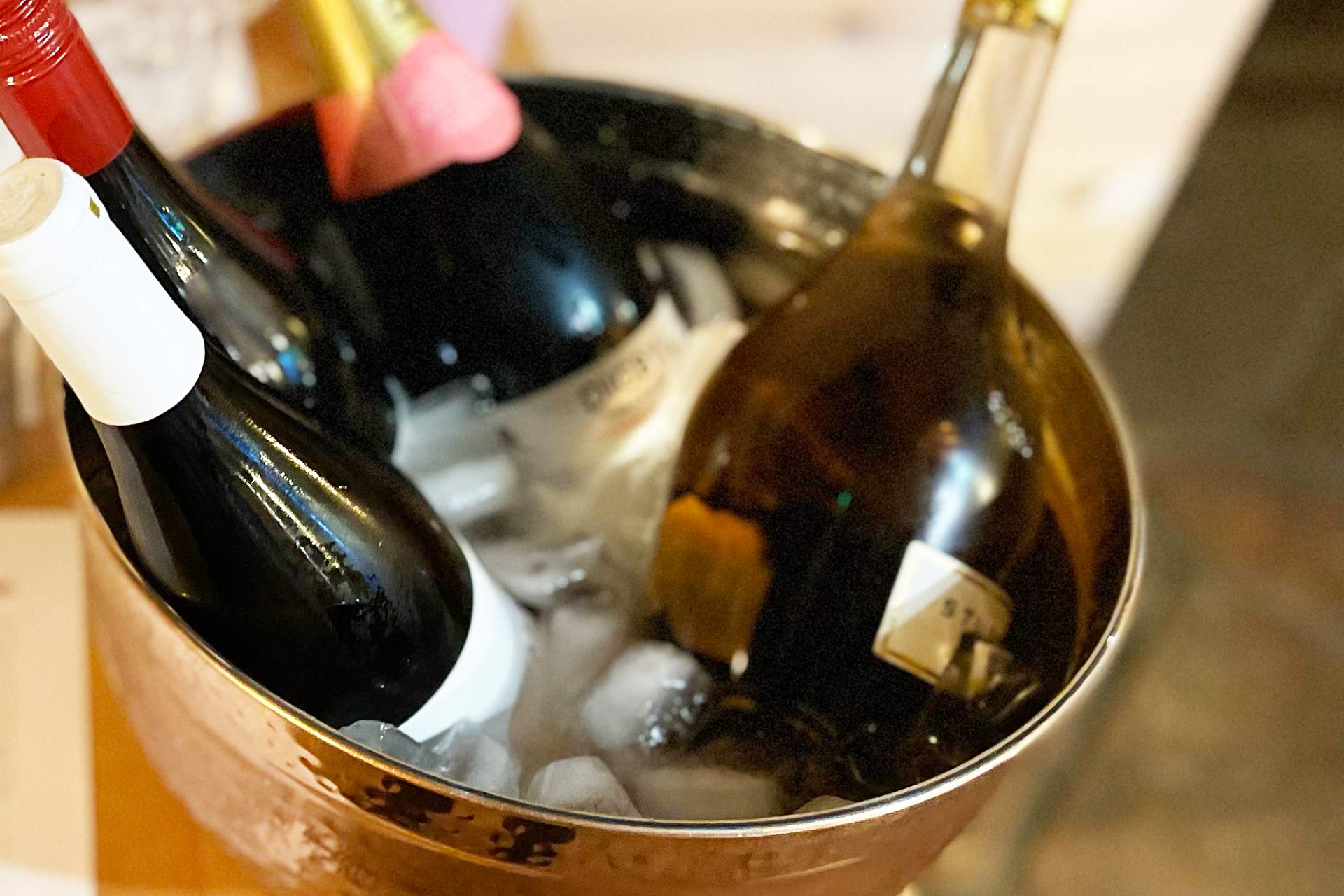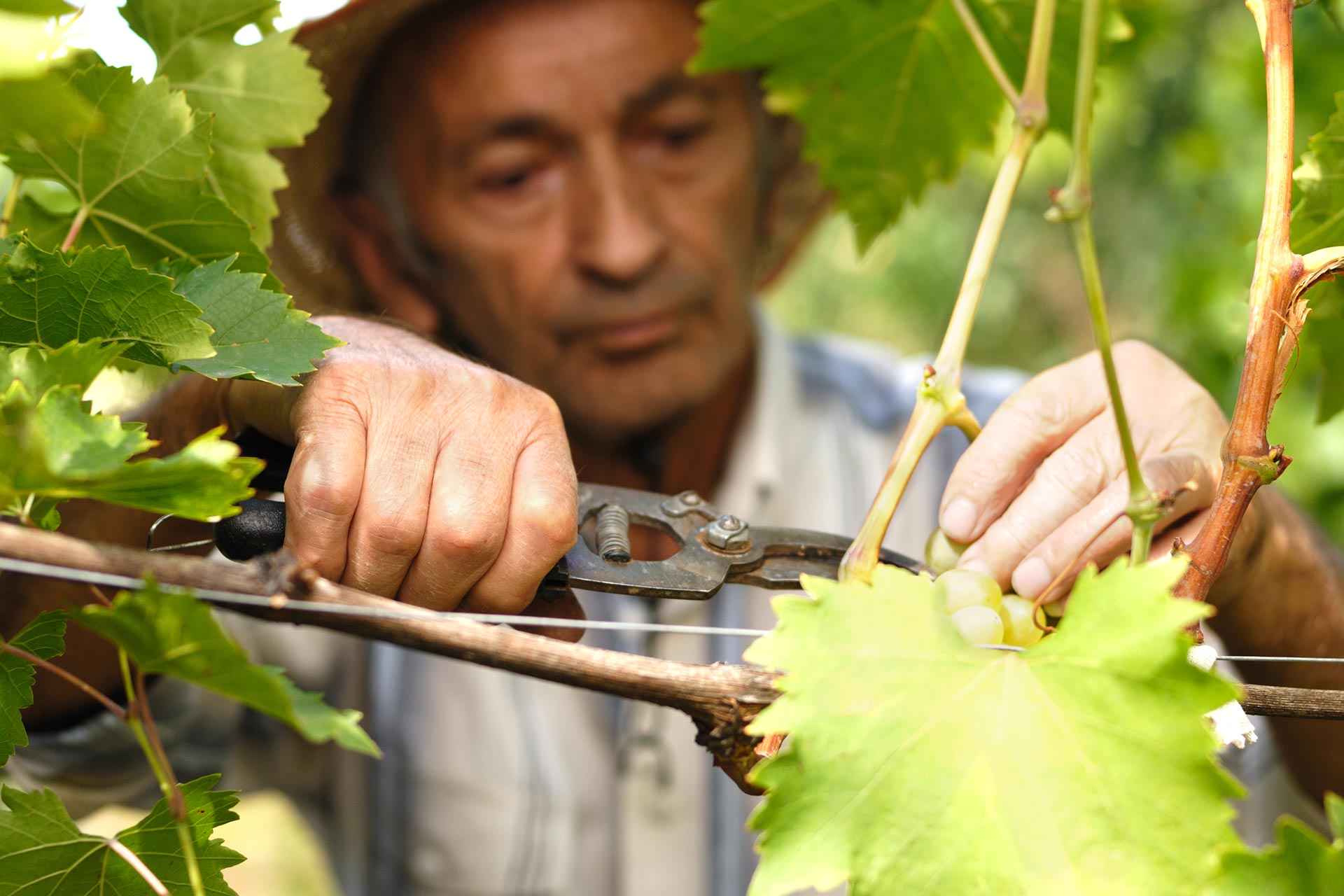
Organic vs biodynamic! What it all means and are they better wines?
Over the past two decades, winelovers around the world have become more conscious of the environmental cost for what we eat and drink.
Wine is no exception.
Wine is, of course, a ‘natural’ product. Grapes are grown in vineyards, harvested, fermented and bottled with little else added to the final result. However, it is what is added to the grow those grapes that can cause concern. Specifically, artificial chemicals to either encourage the vines growth or to protect it from pests.
Many wine regions around the world have now implemented more sustainable vineyard and winery practices. The wines produced in those regions may put words on the label, such as ‘sustainable’. However, these wines may or may not be certified as organic.
What is organic and biodynamic?
Organic
Organic certifications can differ slightly between countries. Generally, organic wine use no synthetic agricultural chemicals including pesticides, fungicides and herbicides.
Just as other organic products that you will find on shelf.

In Europe, look for this logo which means the wine is organically produced. You will find some European wines sold in the UK may also have this or similar symbols.
Biodynamic
Biodynamic vineyards are those who practice some of the traditional methods of farming and caring for the land that have fallen out of use in modern times. Biodynamic principles include using the natural cycles of earth to improve the health of the vines and the grapes.
The products that can be used on a biodynamic vineyards are strictly limited. While sometimes this means slower growth and lower yields of grapes, this often results in vineyards that are healthier and able to survive poor vintage conditions better than other vineyards.
It is important to remember that whether a wine is organically or biodynamically grown, the wine may still contain sulphur as a natural preservative. Sulphur is naturally produced during the ferment process and cannot be totally removed. Also many winemakers will also use additional sulphur to protect their wines and keep them fresh.
Are organic / biodynamic wines better quality than other wines?
It is quite likely that you will not notice any differences at all.
High quality wines made from non-organic fruit may be indistinguishable in taste and texture to organic wines or biodynamic wines. It all depends on how high the quality of the grapes and the winemaking was to start with.
Being certified organic or biodynamic doesn’t mean they will taste better or be better quality. It just means they are made from grapes that are organic or biodynamically grown.
Want to try some biodynamic wines?
Look for wines from Burn Cottage, Pascal Jolivet and Mount Horrocks.…



